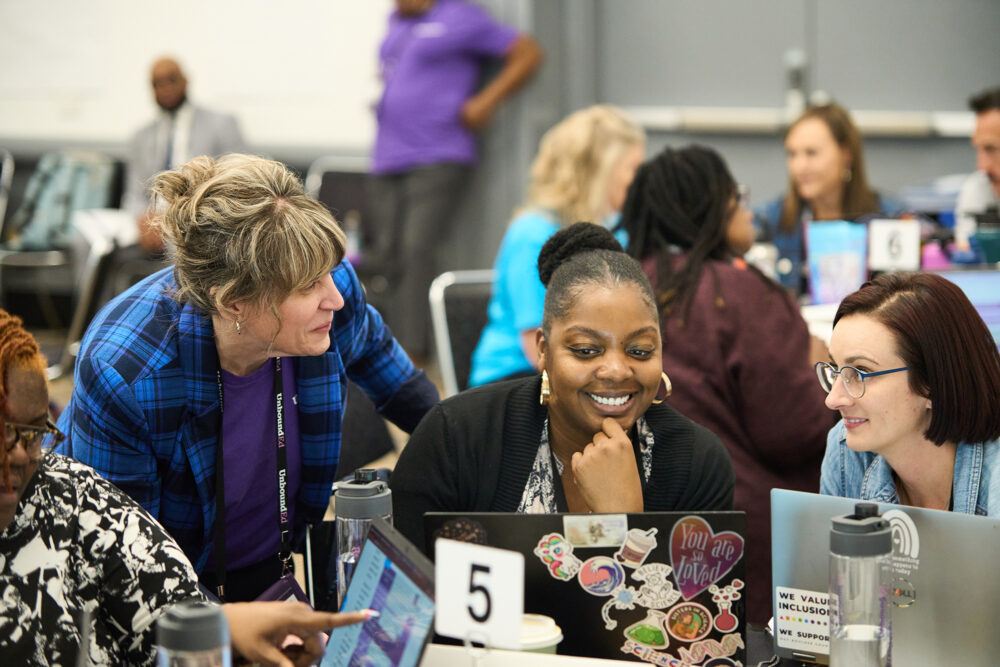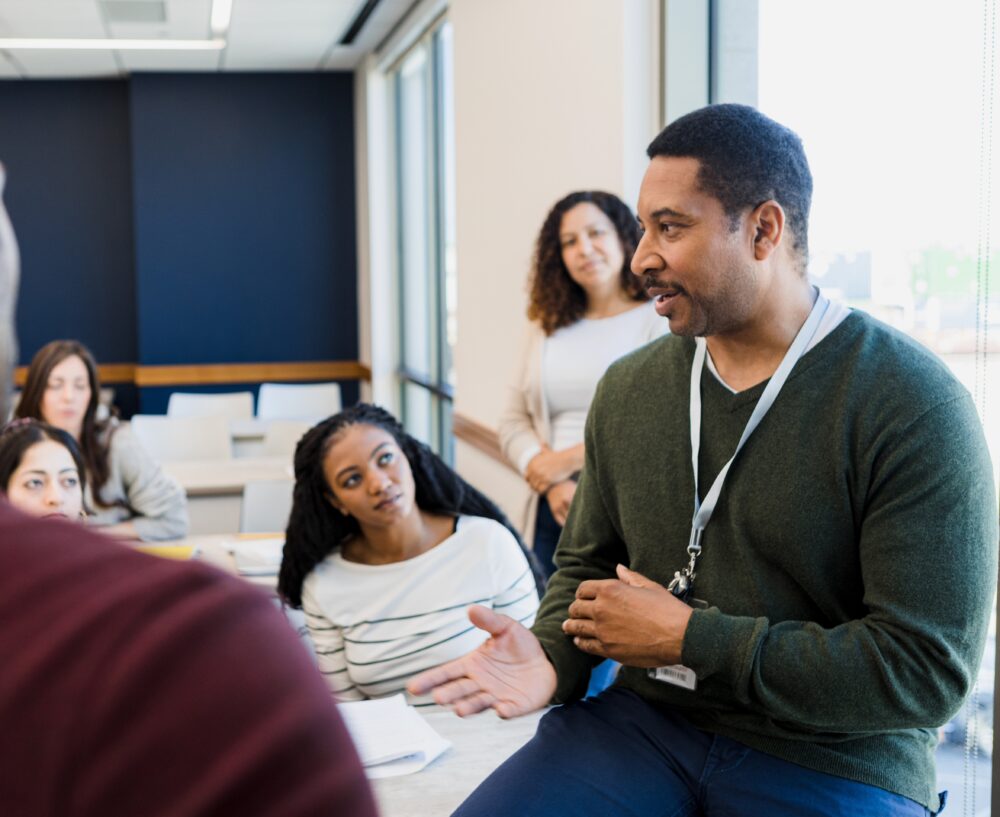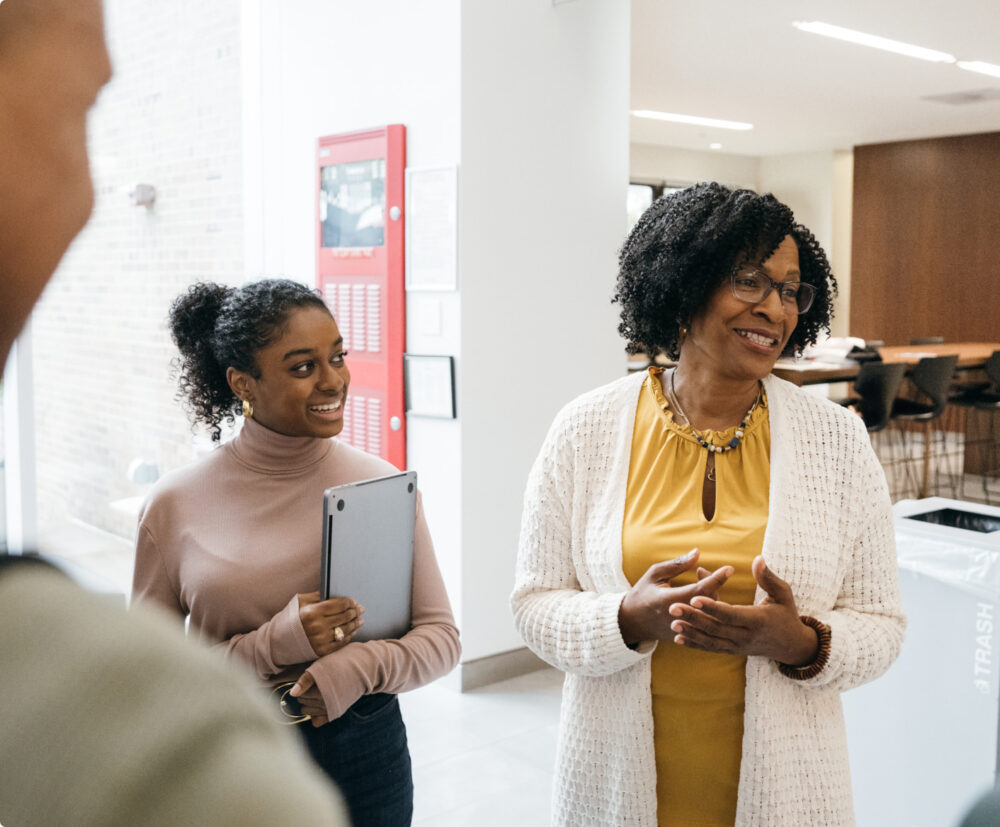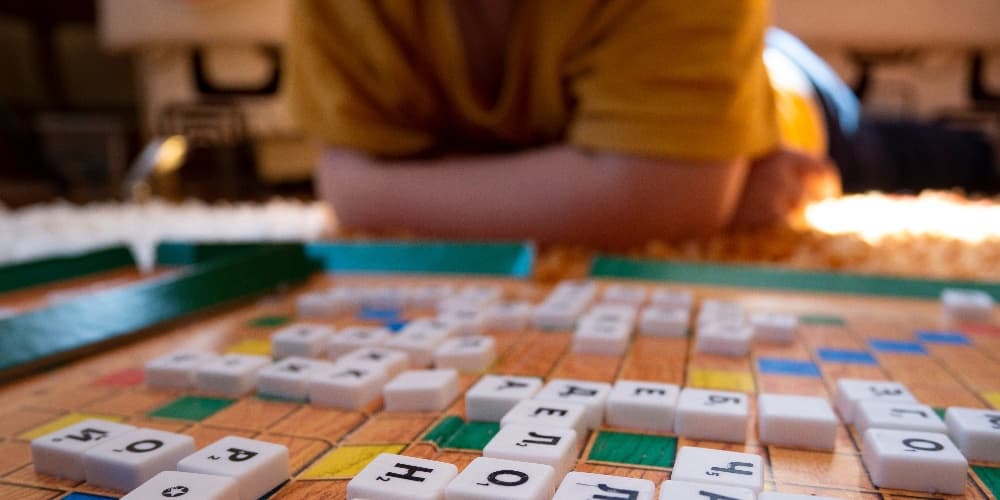
As we have noted, Covid-19 has exposed and exacerbated inequities in schooling; this moment calls on us to lean into the fundamentals of equitable instruction. In thinking specifically about teaching English/Language Arts, we’ve developed three tenets to guide you as you navigate remote instruction. They don’t require online access, but they do require books. A number of organizations focus on getting books into the hands of children who need them. If your students need books, look into Dolly Parton’s Imagination Library, First Book, Kids Need to Read, and The Book Foundation.
Here are the tenets:
Reading begets reading
Make sure students are reading. For all ages, reading improves reading. Once children learn the code, a reciprocal cycle of improvement follows. The more you read, the better you decode. The better you decode, the more you can read. With continued reading, decoding becomes word recognition. Novel words become learned vocabulary. Reading content becomes background knowledge. Background knowledge fuels interest, interest fuels motivation, and the cycle of improvement continues.
Read-alouds should also be encouraged. Remember, read-alouds are a supplement to, not a substitute for, students doing their own reading. Read-alouds are a great way to build language, knowledge, and vocabulary. They do less to teach the decoding and word recognition that keeps the reciprocal cycle of reading improvement moving.
Foundational skills are the foundation
To read, students need to know the sounds in speech and how they link to letters. This includes the ability to manipulate sounds. That is, the ability to blend and segment sounds to make up or break apart words. Students also need the ability to blend letters to form words and the ability to segment written words into their component parts. An aligned (and systematic) program in grades K to 2 is the best way to teach these foundational skills.
Otherwise, aim to reinforce K-2 students’ existing knowledge of letters, sounds, and words. If you do have time with students, check out the Student Achievement Partners Foundational Skills Guidance document. If you lack time and/or touchpoints with students, encourage letter, sound, and word games. Caregivers can play games that have children rhyming, making up silly words, clapping syllables, and finding known letters and words in their environment. These games reinforce foundational skills.
For older students who are not fluent with decoding or word recognition, word games are also a worthy activity. Word ladders, crossword puzzles, and word searches along with games like Scrabble, Boggle, Wheel of Fortune, and Bananagrams strengthen the word-level skills that underlie reading.
Fluency is the bridge between word recognition and comprehension
Fluency is a critical link between word recognition and comprehension. When students do not decode with automaticity, they cannot build a store of recognized words. Now is the perfect time to focus on students’ reading fluency. Fluency refers to how smoothly an individual reads. Fluency has three characteristics:
- Accurate decoding and word recognition
- Reading at a conversational pace
- Reading with appropriate prosody, or expression
Fluent reading doesn’t guarantee comprehension, but disfluent reading hinders comprehension. Disfluent readers spend a disproportionate amount of time sounding out words. Disfluent readers also wrestle with sentence complexity. As a result, disfluent readers often lack the focus to comprehend what they’re reading. The good news is that fluency improves quickly with some attention and practice. Fluency-building activities (e.g., choral reading, partner reading, reader’s theater) provide caregivers an easy way to support children with reading.
To learn about fluency building activities, check out the UnboundEd Building Fluency guide and Student Achievement Partners’ Weekly Reading Practice Routine. The routine is appropriate for virtual asynchronous learning or limited access/technology situations. Both documents provide the knowledge you need to strengthen fluency development remotely.
If you have an aligned curriculum and have found suitable ways to deliver it remotely, power on! If not, use these tenets as a guide. Even without an explicit standards-based focus, progress in reading skills makes addressing the coming year’s unfinished teaching and learning that much easier.
Next steps with GLEAM®
Choose the path that fits your team


UnboundEd Summits
Accelerate your instructional vision and build educators’ skills and expertise with a virtual or on-site Local Summit.
Learn More ➜

In-Service Workshops
UnboundEd’s dynamic, hands-on workshops build educator capacity by focusing on timeless, cross-disciplinary instructional moves that drive effective instruction, rigor, and student empowerment.
Learn More ➜
Online Math Academy
UnboundEd’s Online Math Academy courses enrich educators’ content knowledge and instructional practices to unlock all students’ math potential.
Learn More ➜
Curriculum Adoption
Ensuring quality materials are adopted and used effectively is crucial to improving outcomes and requires a strong instructional materials selection process. We’re here to share guidance and support on leading a rigorous and collaborative curriculum adoption process to select the right materials for your context and goals.
Learn More ➜
Curriculum Implementation
Just getting started, or need to get back on track? We work with you on a shared vision and an actionable plan for curriculum success.
Learn More ➜
Literacy ReclaimEd
Improve literacy instruction and better meet the unique needs of every student.
Learn More ➜
GLEAM® Inventory
Build your team’s understanding of grade-level, engaging, affirming, and meaningful –GLEAM®– instruction and transform how you serve all students in your district.
Learn More ➜
Speaking Engagements
Our experts offer inspiring, thought-provoking messages and conversations that will get your team thinking creatively about shifting mindsets and changing practice.
Learn More ➜
California Math Curriculum Adoption and Launch Cohort
Prepare to adopt and launch high-quality mathematics instructional materials with no-cost, grant-funded support from UnboundEd.
Learn More ➜